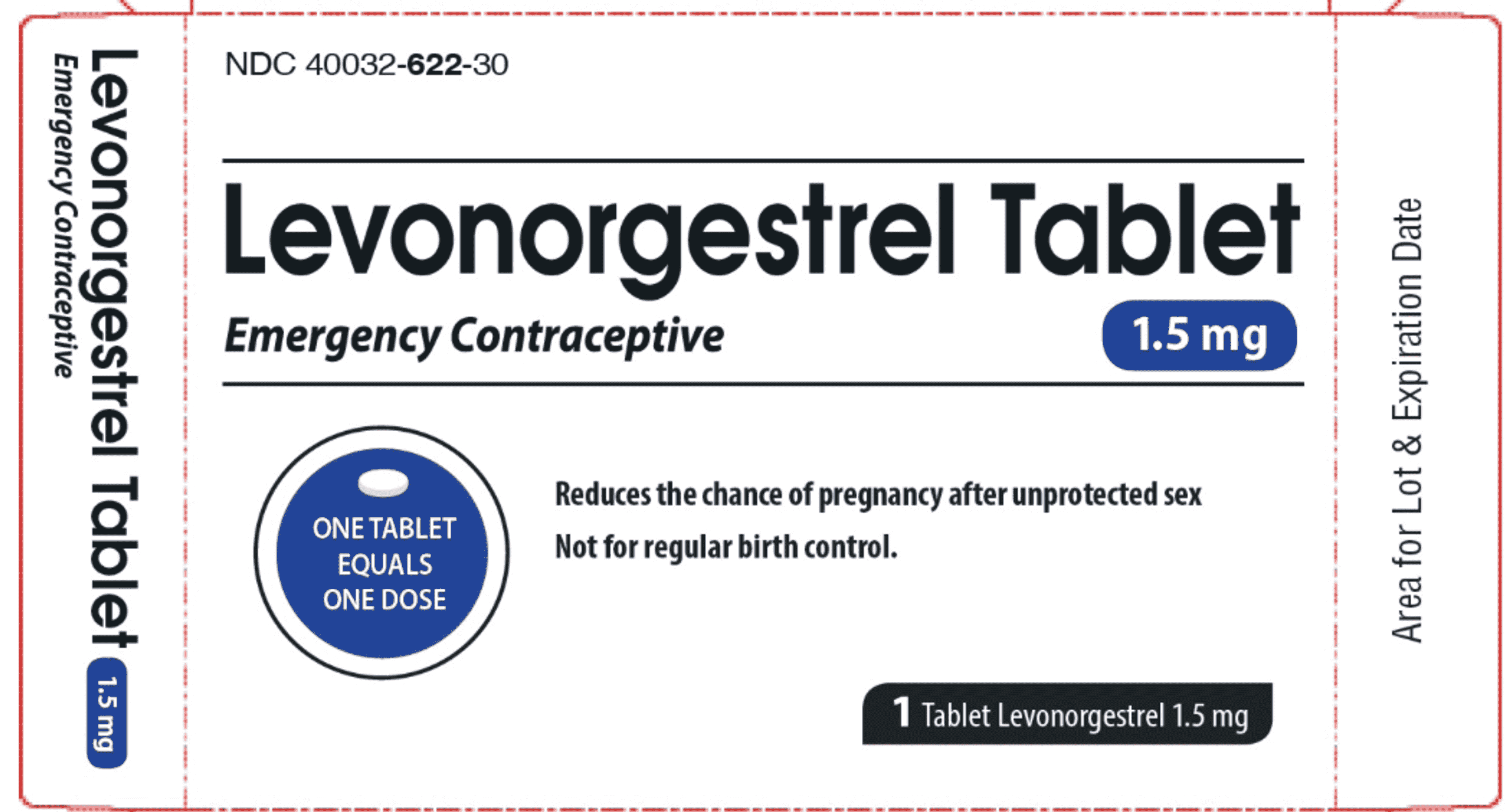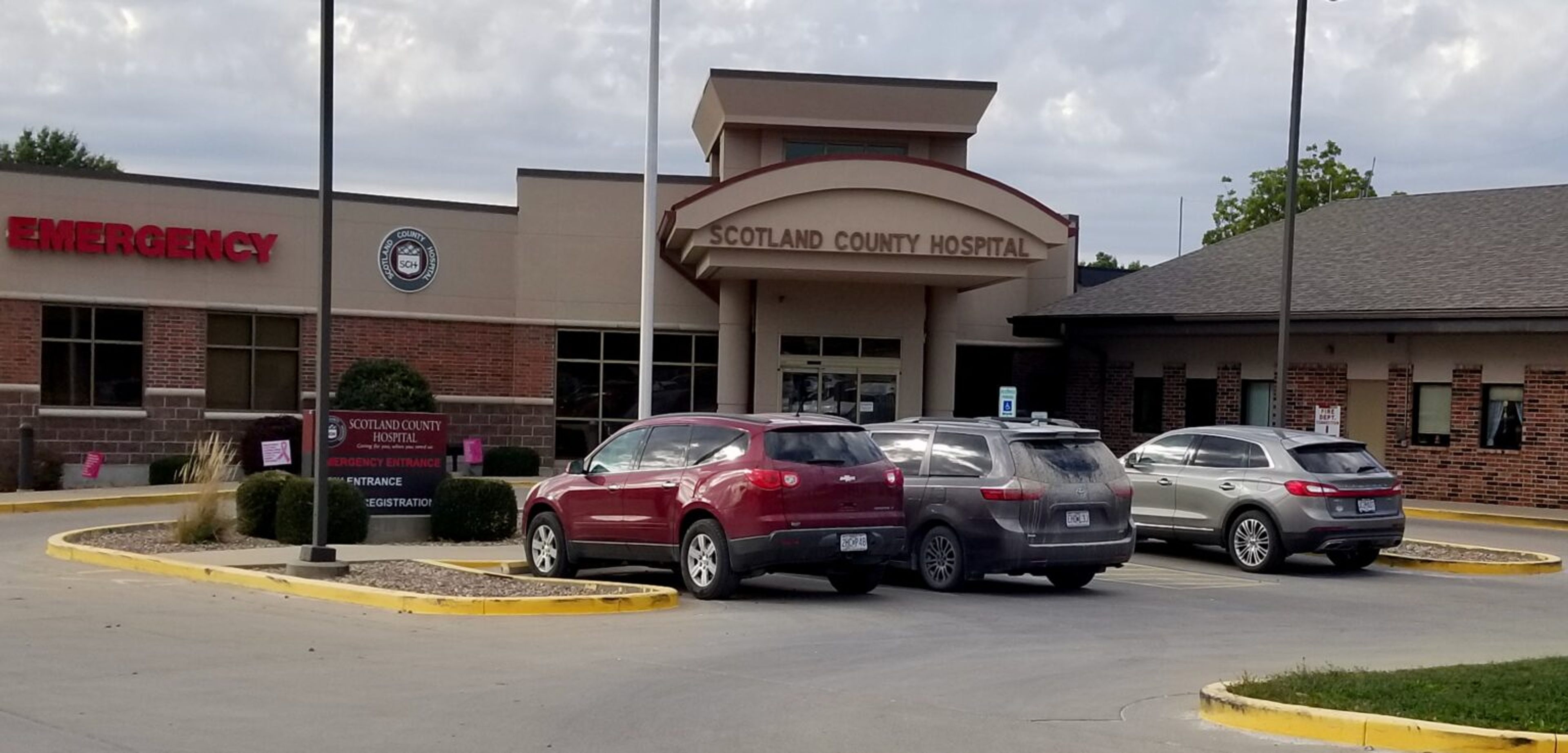Doctors warn of rising cases of cannabis-related illness as marijuana use surges
As cannabis use rises, doctors warn of a surge in cannabinoid hyperemesis syndrome (CHS), causing severe nausea and vomiting. Awareness is key as regulatory measures increase.
As marijuana use becomes more mainstream in Missouri and other states that legalized it, and as more potent THC products enter the marketplace, doctors are warning the public about a cannabis-related condition that causes recurrent nausea, vomiting and cramping.
The condition is called cannabinoid hyperemesis syndrome, or CHS. It’s a fairly recent phenomenon, first described and studied in 2004 in South Australia.
On the whole, CHS is an uncommon reaction to cannabis use, but doctors are regularly seeing patients with symptoms.
The National Institutes of Health National Library of Medicine said the disorder is commonly characterized by several years of frequent cannabis use predating the onset of illness.
In 2022, an estimated 61.9 million people used cannabis, according to the Centers for Disease Control and Prevention. That number has certainly risen as more states have legalized the drug, and access has increased.
Dr. Chase Silvers, an emergency room doctor at Mercy Hospital Southeast, said he sees a case of CHS on every shift or every other shift in the emergency room. He is a full-time ER doctor in Cape Girardeau, though he also covers some shifts at Mercy Hospital in Perryville.

CHS can be cured by abstention from cannabis products. Other common treatments, including over-the-counter or even prescribed medications, simply don’t work on CHS symptoms. Silvers said the CHS patients he sees are desperate for relief by the time they come to the ER. Many people are not aware that regular, prolonged marijuana use can lead to stomach problems. Paradoxically, cannabis can relieve the painful symptoms in inflammatory bowel disease, a notion that leads some to increase their intake as their symptoms worsen.
“Typically we see this syndrome in people that have been using marijuana for quite some time,” Silvers said. “I will argue that I see it typically with vapes as well as gummy use, just because those tend to have a higher concentration and tend to be used more frequently. … Most people don't come to the ER to seek medical help initially; they'll try to self-treat at home, sometimes for several weeks, if not a couple of months, until it's gotten to the point that they can't control the symptoms at home with whatever means they have.”
Those who have CHS may find relief by taking extremely hot baths or showers. Silvers said patients sometimes go to extreme measures in running so many hot showers (and laundry from used towels) that they’ll see their water bills increase. Finding relief from hot showers is almost always a giveaway that the patient has CHS.
Silvers said there are other illnesses, such as cyclical vomiting syndrome, that may present similarly to CHS that have to be eliminated before coming to a CHS diagnosis. But the treatment is to discontinue cannabis use, and follow up with a primary care physician. It can take several weeks, and in some cases several months, of abstention for the patient to achieve full relief.
Not all frequent cannabis users get CHS. Silvers said awareness is more appropriate than to use the syndrome as a negative talking point regarding marijuana use.
“But just to be aware that things exist,” he said. “It’s not punitive, but just (to have) the knowledge of this, so that if you are having these symptoms to seek help.”
Though anecdotally Silvers said CHS is common, no local data was immediately available from the hospital. Kate Shupert, senior media relations and communications specialist, said the hospital doesn't have firm numbers on the diagnosis, because patients with symptoms could have a multitude of illnesses when they first check into the emergency room.
Cape Girardeau gastroenterologist Dr. Mike Freeman said he sees at patients weekly who are stricken by CHS. Freeman said he believes the condition is underdiagnosed in this area.
Large-scale epidemiological data, including prevalence, of CHS is not available. A smaller study at an urban hospital of 155 patients who smoked marijuana at least 20 days per month showed that 32.9% met criteria for having experienced CHS. Extrapolated to the entire U.S. population, that would mean between 2 million and 3 million people may suffer annually from CHS symptoms. A study published in California earlier this year showed the suspected annual prevalence of CHS in that state increased by 134% to 175%, depending on the CHS definition.

CHS isn’t the only cannabis-related problem hospitals and doctors are treating more these days.
The St. Louis Post-Dispatch reported that medical professionals in the metro region are seeing more emergencies relating to young children consuming edibles that are not properly secured. Silvers said he has seen this issue in Cape Girardeau, and recommends to the public that all cannabis products be locked away and secured away from children.
These health issues and others, including cannabis use disorder, are prompting more regulatory measures in Missouri. Missouri plans to use revenue from state marijuana taxes to build a laboratory to keep tabs on the safety and potency of more than $1 billion of joints, edibles and other products sold in Missouri every year, according to reporting from The Beacon. The lab is expected to be operational by fall 2025. The state has already licensed 10 private labs to test products before they are packaged for sale, but those labs’ tests are paid for by companies making and selling the products, the Beacon reported. The labs will identify the levels for cannabinoids, including THC, which is the psychoactive compound, and also test for pesticides, heavy metals, mold and other pathogens.
“There’s a temptation on the part of the (private) labs to give their customers the results they want,” Dan Viets — a Columbia lawyer who chairs the national board of directors for NORML, an advocacy group that long sought to legalize marijuana and aims to represent consumers in the growing legal market — told the Beacon. “There’s a financial incentive to exaggerate potency and to ignore adulterants.”
The CDC says more cannabis users are struggling with physical dependency and controlling their use, noting “there is evidence suggesting the use of highly concentrated THC products” is associated with more cannabis use disorder symptoms.
Connect with the Southeast Missourian Newsroom:
For corrections to this story or other insights for the editor, click here. To submit a letter to the editor, click here. To learn about the Southeast Missourian’s AI Policy, click here.










